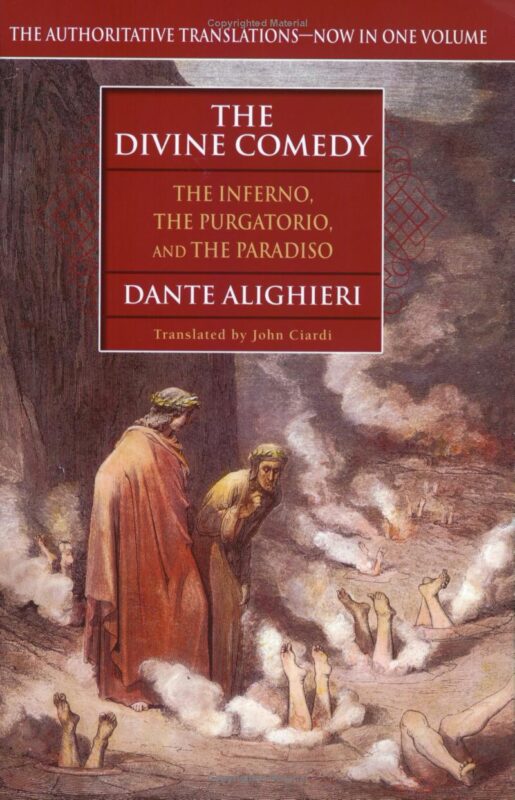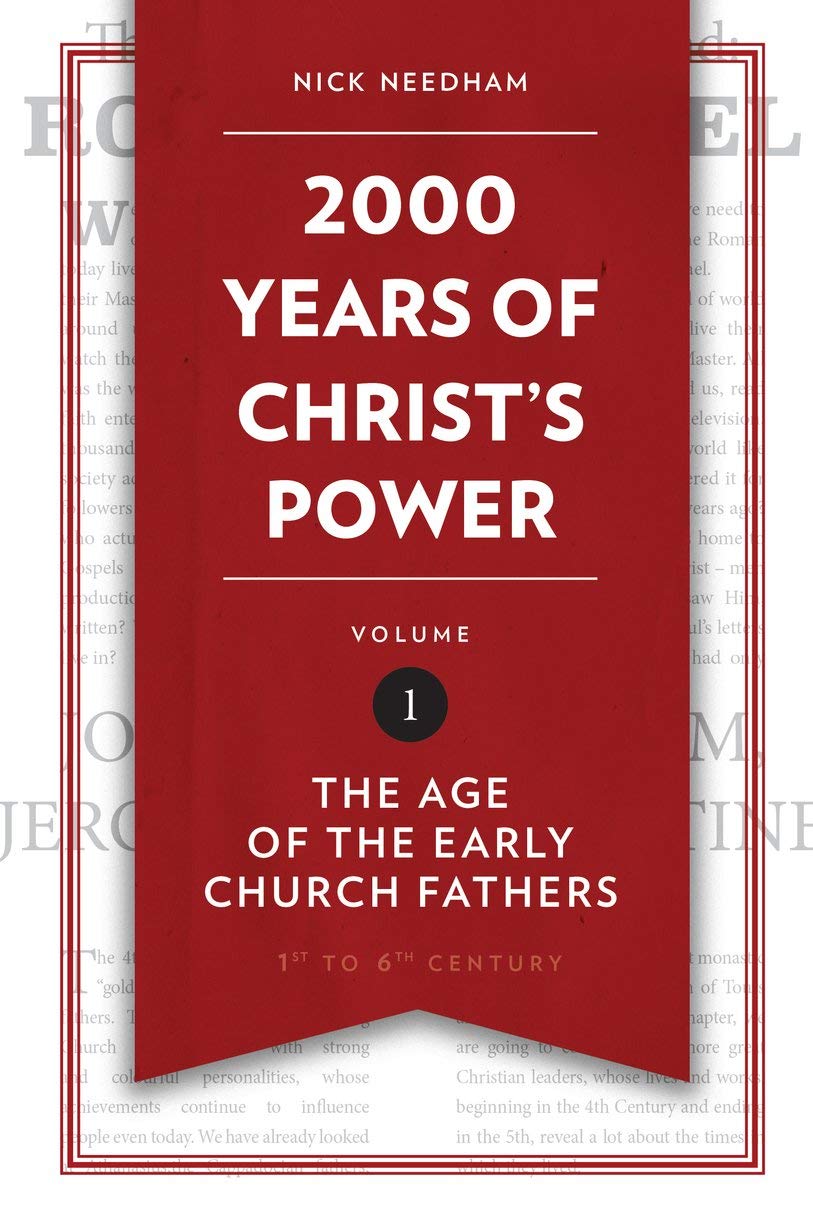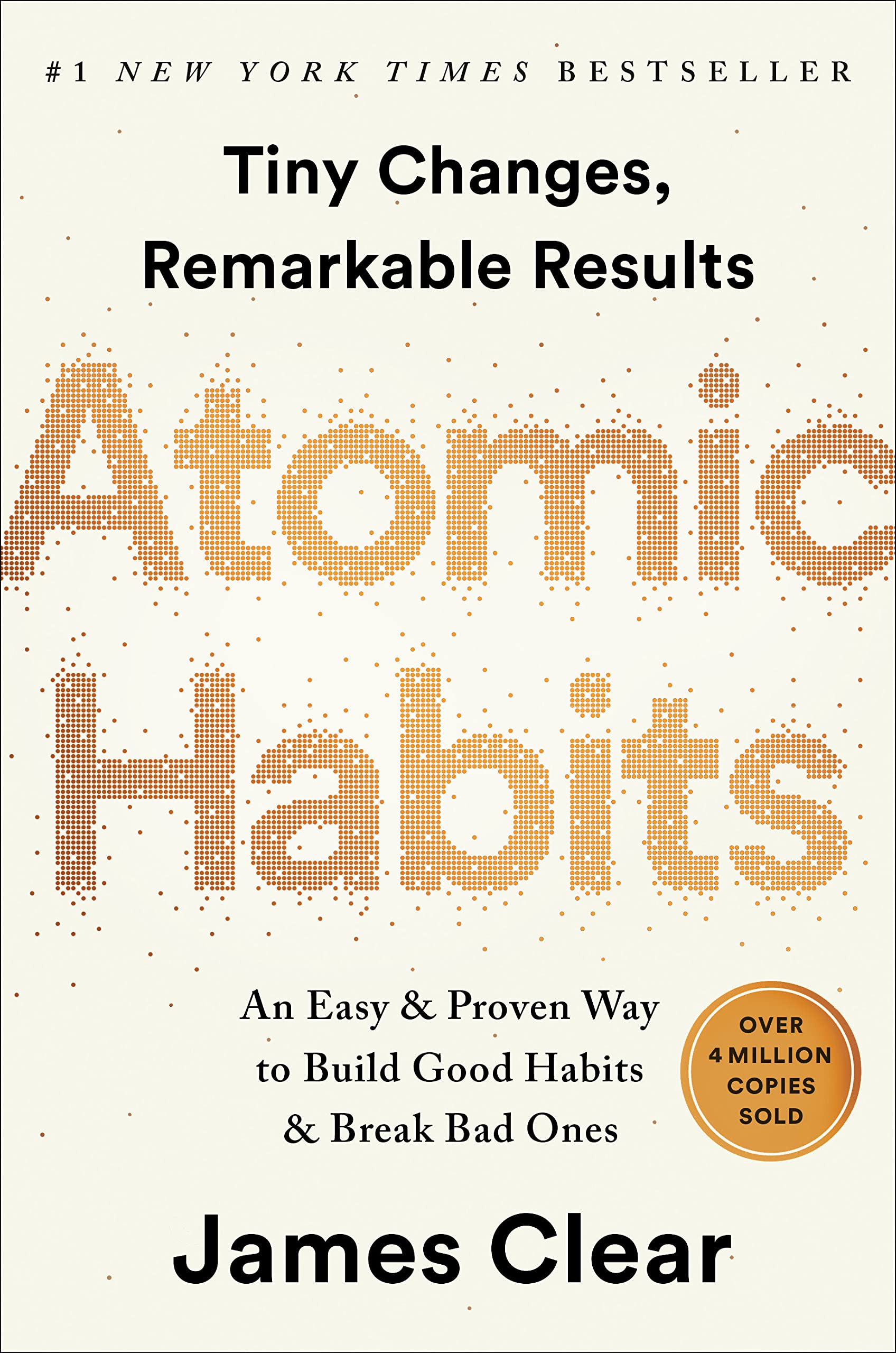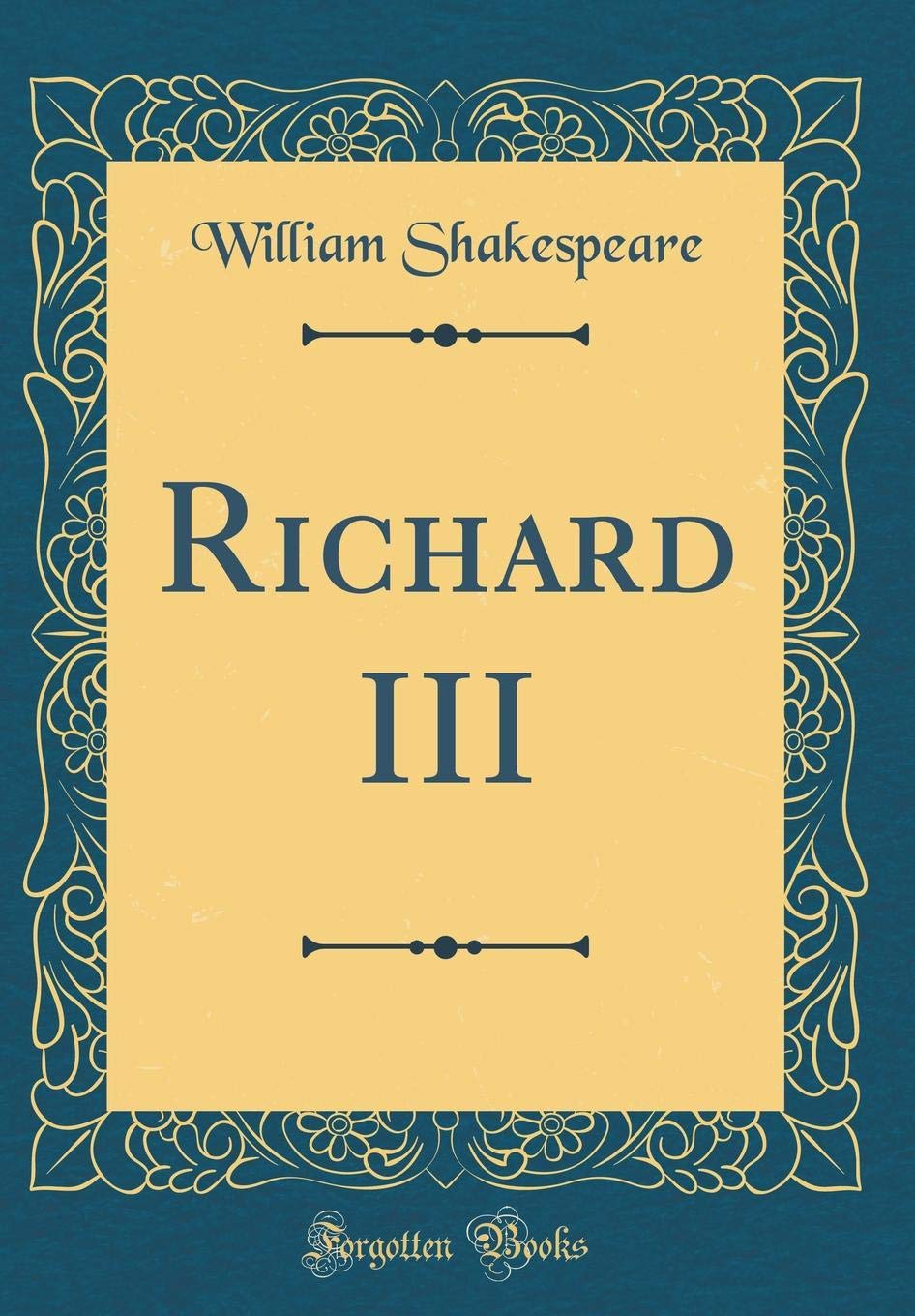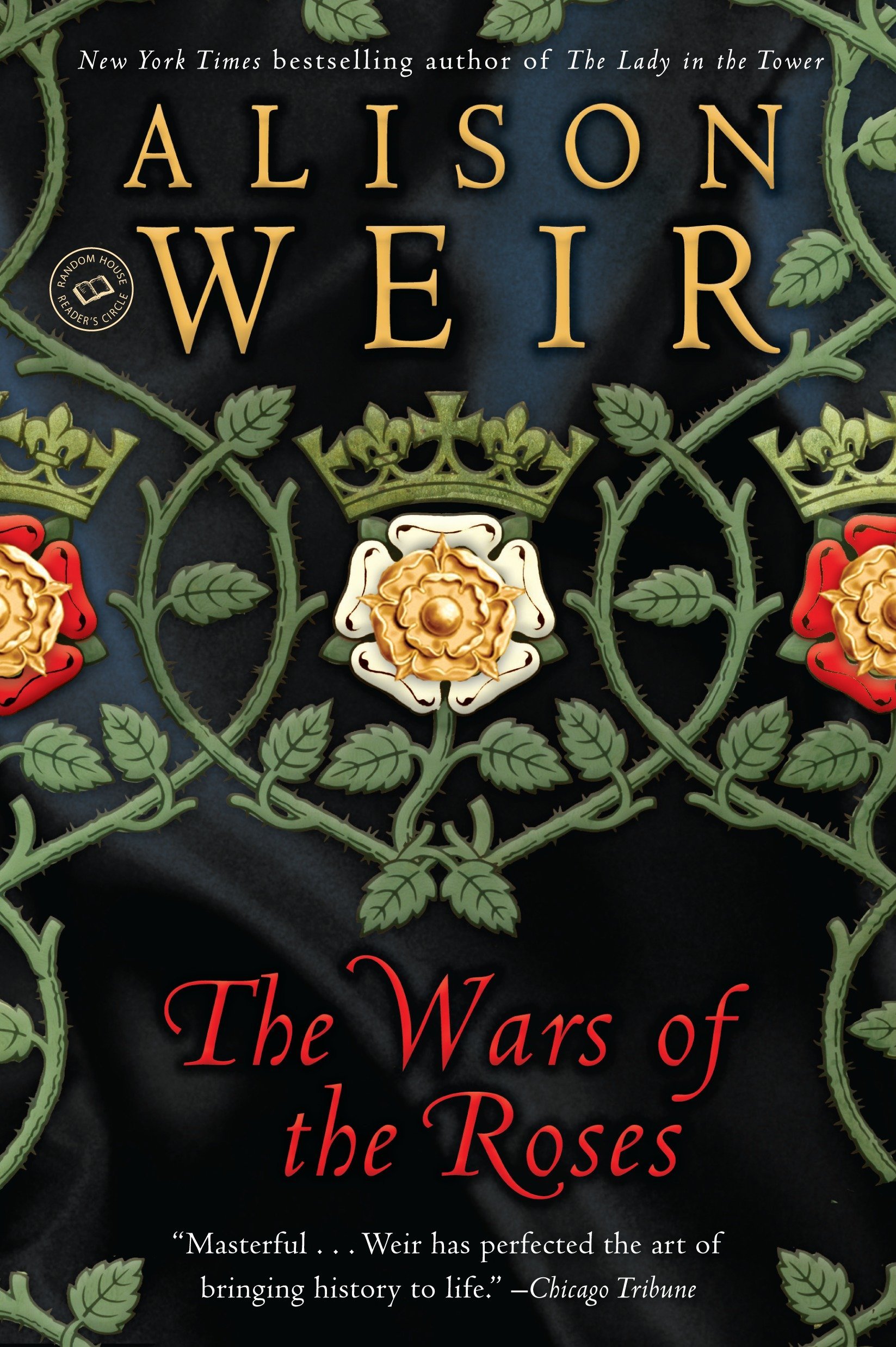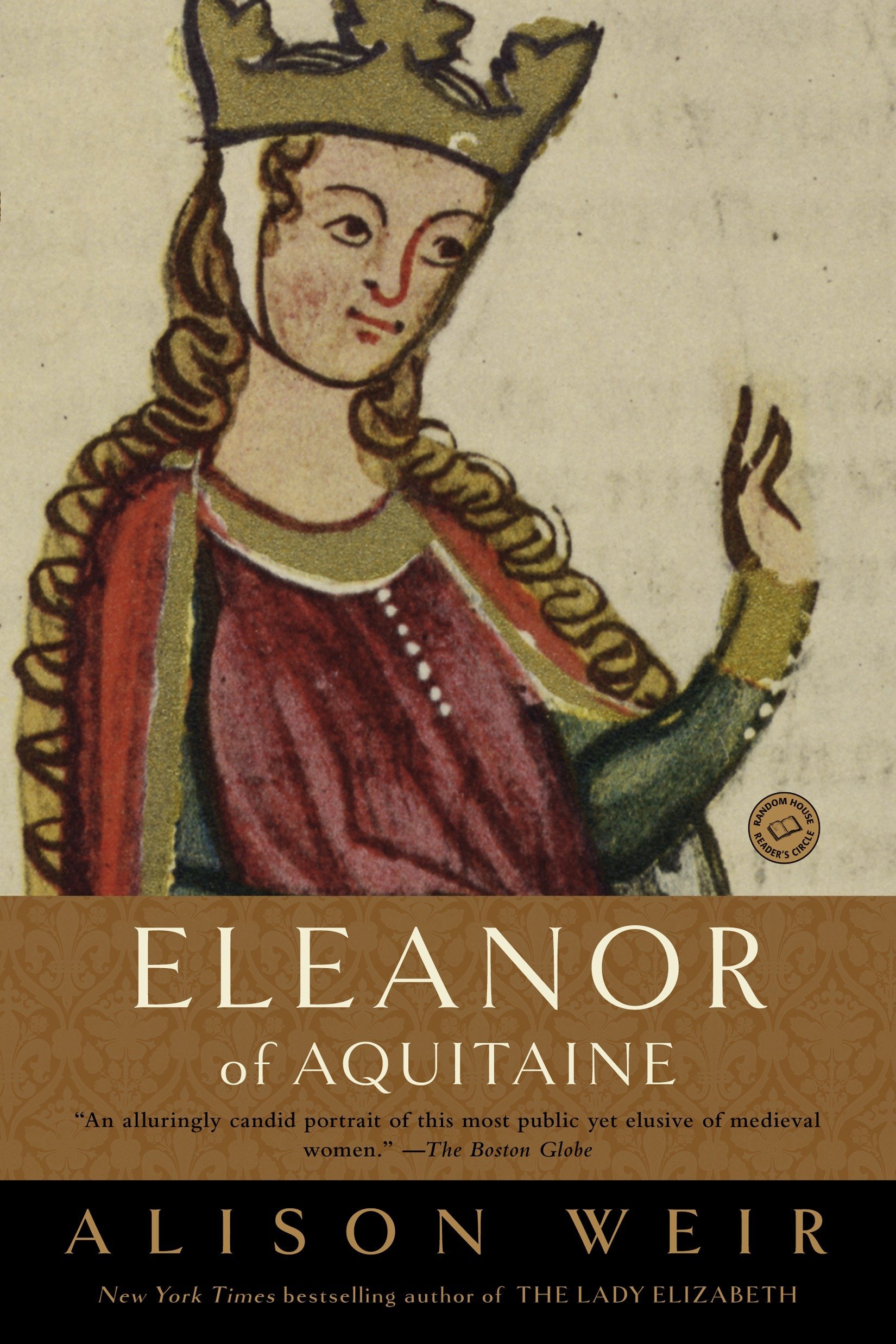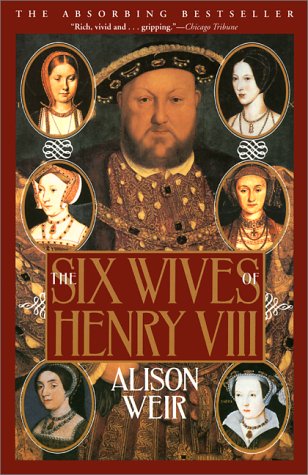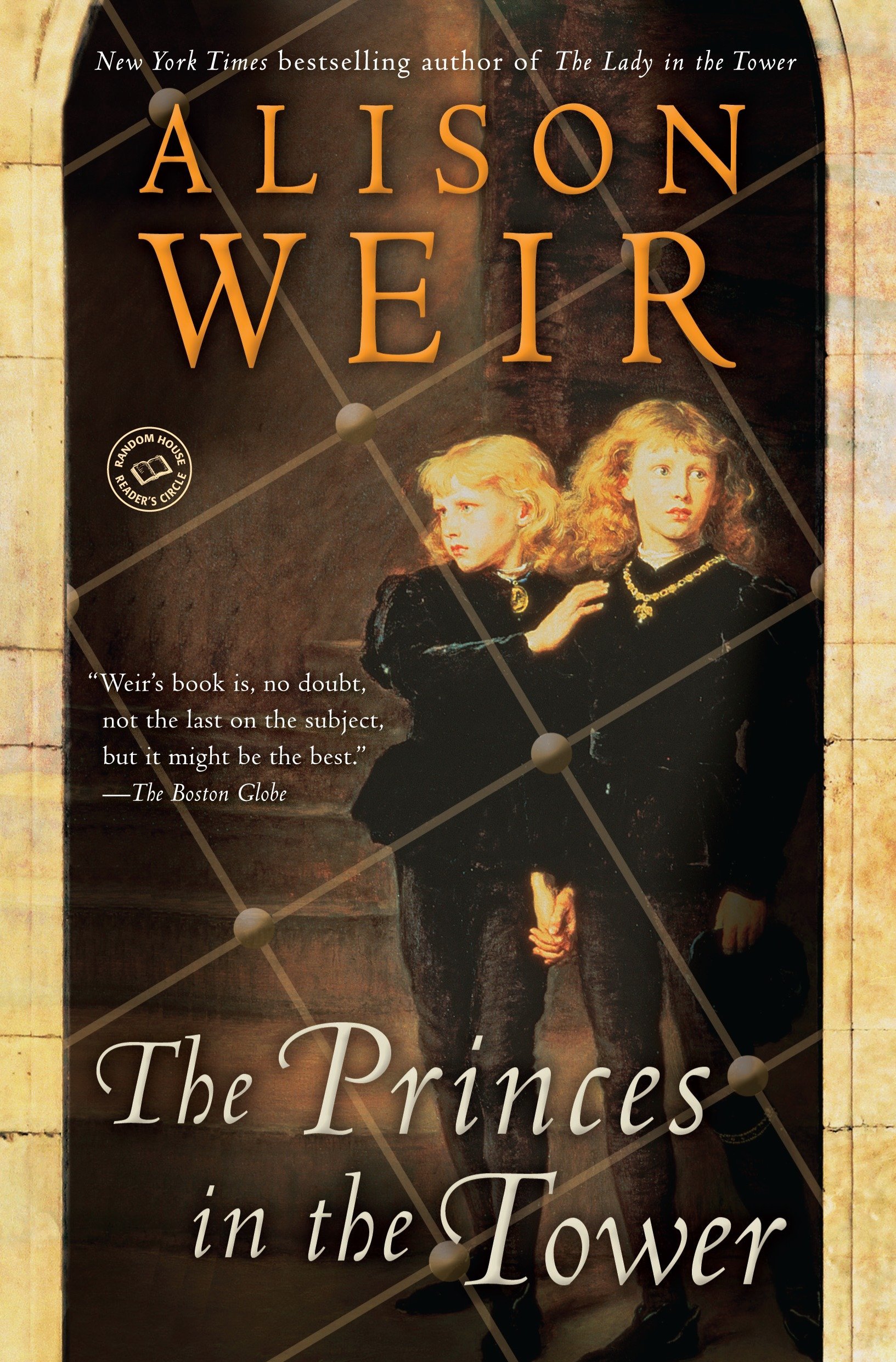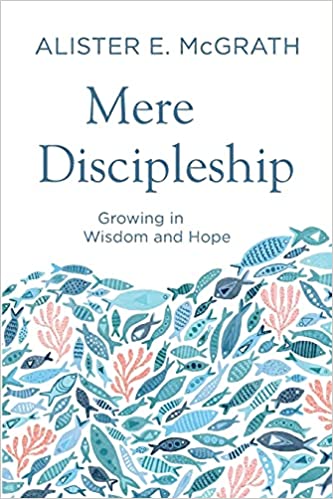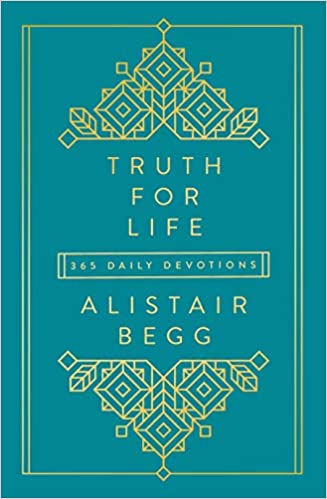The Divine Comedy (The Inferno, The Purgatorio, and The Paradiso)
Belonging in the immortal company of the great works of literature, Dante Alighieri’s poetic masterpiece, The Divine Comedy, is a moving human drama, an unforgettable visionary journey through the infinite torment of Hell, up the arduous slopes of Purgatory, and on to the glorious realm of Paradise—the sphere of universal harmony and eternal salvation.
Now, for the first time, John Ciardi’s brilliant and authoritative translations of Dante’s three soaring canticles—The Inferno, The Purgatorio, and The Paradiso—have been gathered together in a single volume. Crystallizing the power and beauty inherent in the great poet’s immortal conception of the aspiring soul, The Divine Comedy is a dazzling work of sublime truth and mystical intensity.
More info →2000 Years of Christ’s Power
Every generation has an uncanny tendency to view themselves as more enlightened than those that have gone before. The Church certainly has made mistakes all through history – and yet, no insights which we possess would be possible without the efforts, and even some of the mistakes, of our ancestors. The first volume of 2,000 Years of Christ’s Power covers the period from the 1st Century AD to the start of the Middle Ages. From the works of Saint Augustine of Hippo to the first apologetic ever penned, this time in history established the foundations of what we take for granted today.
More info →Atomic Habits: An Easy & Proven Way to Build Good Habits & Break Bad Ones
No matter your goals, Atomic Habits offers a proven framework for improving--every day. James Clear, one of the world's leading experts on habit formation, reveals practical strategies that will teach you exactly how to form good habits, break bad ones, and master the tiny behaviors that lead to remarkable results.
If you're having trouble changing your habits, the problem isn't you. The problem is your system. Bad habits repeat themselves again and again not because you don't want to change, but because you have the wrong system for change. You do not rise to the level of your goals. You fall to the level of your systems. Here, you'll get a proven system that can take you to new heights.
Clear is known for his ability to distill complex topics into simple behaviors that can be easily applied to daily life and work. Here, he draws on the most proven ideas from biology, psychology, and neuroscience to create an easy-to-understand guide for making good habits inevitable and bad habits impossible. Along the way, readers will be inspired and entertained with true stories from Olympic gold medalists, award-winning artists, business leaders, life-saving physicians, and star comedians who have used the science of small habits to master their craft and vault to the top of their field.
Learn how to:
• make time for new habits (even when life gets crazy);
• overcome a lack of motivation and willpower;
• design your environment to make success easier;
• get back on track when you fall off course;
...and much more.
Atomic Habits will reshape the way you think about progress and success, and give you the tools and strategies you need to transform your habits--whether you are a team looking to win a championship, an organization hoping to redefine an industry, or simply an individual who wishes to quit smoking, lose weight, reduce stress, or achieve any other goal.
More info →Eve in Exile and the Restoration of Femininity
The swooning Victorian ladies and the 1950s housewives genuinely needed to be liberated. That much is indisputable. So, First-Wave feminists held rallies for women's suffrage. Second-Wave feminists marched for Prohibition, jobs, and abortion. Today, Third-Wave feminists stand firmly for nobody's quite sure what. But modern women -- who use psychotherapeutic antidepressants at a rate never before seen in history -- need liberating now more than ever. The truth is, feminists don't know what liberation is. They have led us into a very boring dead end.
Eve in Exile sets aside all stereotypes of mid-century housewives, of China-doll femininity, of Victorians fainting, of women not allowed to think for themselves or talk to the men about anything interesting or important. It dismisses the pencil-skirted and stiletto-heeled executives of TV, the outspoken feminists freed from all that hinders them, the brave career women in charge of their own destinies. Once those fictionalized stereotypes are out of the way -- whether they're things that make you gag or things you think look pretty fun -- Christians can focus on real women. What did God make real women for?
This book is published by Canon Press. At Canon Press, we’re gospel outfitters: no matter who you are or what you do, you’re called to be increasing in Biblical faithfulness. That’s because Jesus’s death and resurrection changed everything: All of Christ, for all of life, for all the world.
As the wisest man said, “Go, eat your bread with joy, and drink your wine with a merry heart; for God has already accepted your works” (Eccl. 9:7).
We believe reformation and revival start from faith in the Lord with joyful obedience to the Bible, and that is what makes everyday tasks significant and transforms culture. Because of these beliefs, we offer books on Christian living, encouragement, contentment, raising kids, healthy marriages, educational choices, classical education, homeschooling, politics, government, feminism, identity, manhood, womanhood, singleness, virtue, and so much more.
More info →Richard III
Excerpt from Richard III
He slyly stole away, and left his men Whereat the great Lord of Northumberland, Whose warlike ears could never brook retreat, Cheer'd up the drooping army; and himself, Lord Clifford, and Lord Stafford, all a-breast, Charg'd our main battle's front, and, breaking in, Were by the swords of common soldiers slain.
About the Publisher
Forgotten Books publishes hundreds of thousands of rare and classic books. Find more at www.forgottenbooks.com
This book is a reproduction of an important historical work. Forgotten Books uses state-of-the-art technology to digitally reconstruct the work, preserving the original format whilst repairing imperfections present in the aged copy. In rare cases, an imperfection in the original, such as a blemish or missing page, may be replicated in our edition. We do, however, repair the vast majority of imperfections successfully; any imperfections that remain are intentionally left to preserve the state of such historical works.
More info →The Wars of the Roses
For much of the fifteenth century, these two families were locked in battle for control of the English throne. Kings were murdered and deposed. Armies marched on London. Old noble names were ruined while rising dynasties seized power and lands. The war between the royal houses of Lancaster and York, the most complex in English history, profoundly altered the course of the monarchy. Alison Weir, one of the foremost authorities on British history, brings brilliantly to life both the war itself and the larger-than-life figures who fought it on the great stage of England. The Wars of the Roses is history at its very best—swift and compelling, rich in character, pageantry, and drama, and vivid in its re-creation of an astonishing period of history.
More info →Eleanor of Aquitaine
In this beautifully written biography, Alison Weir paints a vibrant portrait of a truly exceptional woman and provides new insights into her intimate world.
Renowned in her time for being the most beautiful woman in Europe, the wife of two kings and mother of three, Eleanor of Aquitaine was one of the great heroines of the Middle Ages. At a time when women were regarded as little more than chattel, Eleanor managed to defy convention as she exercised power in the political sphere and crucial influence over her husbands and sons.
Eleanor of Aquitaine lived a long life of many contrasts, of splendor and desolation, power and peril, and in this stunning narrative, Weir captures the woman—and the queen—in all her glory. With astonishing historic detail, mesmerizing pageantry, and irresistible accounts of royal scandal and intrigue, she recreates not only a remarkable personality but a magnificent past era.
More info →The Six Wives of Henry VIII
The tempestuous, bloody, and splendid reign of Henry VIII of England (1509-1547) is one of the most fascinating in all history, not least for his marriage to six extraordinary women. In this accessible work of brilliant scholarship, Alison Weir draws on early biographies, letters, memoirs, account books, and diplomatic reports to bring these women to life. Catherine of Aragon emerges as a staunch though misguided woman of principle; Anne Boleyn, an ambitious adventuress with a penchant for vengeance; Jane Seymour, a strong-minded matriarch in the making; Anne of Cleves, a good-natured and innocent woman naively unaware of the court intrigues that determined her fate; Catherine Howard, an empty-headed wanton; and Catherine Parr, a warm-blooded bluestocking who survived King Henry to marry a fourth time.
More info →The Princes in the Tower
Despite five centuries of investigation by historians, the sinister deaths of the boy king Edward V and his younger brother Richard, Duke of York, remain two of the most fascinating murder mysteries in English history. Did Richard III really kill “the Princes in the Tower,” as is commonly believed, or was the murderer someone else entirely? Carefully examining every shred of contemporary evidence as well as dozens of modern accounts, Alison Weir reconstructs the entire chain of events leading to the double murder. We are witnesses to the rivalry, ambition, intrigue, and struggle for power that culminated in the imprisonment of the princes and the hushed-up murders that secured Richard’s claim to the throne as Richard III. A masterpiece of historical research and a riveting story of conspiracy and deception, The Princes in the Tower at last provides a solution to this age-old puzzle.
More info →Mere Discipleship: Growing in Wisdom and Hope
In exploring Christian discipleship, Alister McGrath encourages readers to move beyond a superficial grasp of their faith to discover its depth and riches. He equips readers to grow in wisdom and develop an accurate Christian worldview that informs the way they think, imagine, and act.
Helpfully drawing on the insights of other illuminating writers, including Dorothy L. Sayers, C. S. Lewis, John Stott, and J. I. Packer, McGrath offers counsel on holding on to hope while journeying through darkness and on how to live meaningfully in a world in which things don't always seem to make sense.
More info →Marxism: Philosophy and Economics
Marxism is a term that many people freely use, but few seem to grasp its implications. Sowell's book is the antidote to this problem. He writes in a fluid and easy-to-follow manner, leading the listener through the Marxian scheme of ideas. Along the way, he shatters some existing interpretations of Marx-interpretations that have developed through repetition rather than through scholarship.
More info →
